We are one of many organisations who called for the government to make Britain net zero carbon by 2050. Since then, we have challenged ourselves to set ambitious carbon targets.

While some people are sceptical about targets, setting such ambitious emission goals is vital if we are to reduce the impact from business and safeguard the environment.
It sets out an organisation’s stall and galvanises its people and partners to take action. We believe every business needs to take responsibility to tackle climate change, which is why we have announced our carbon reduction targets.
By 2040, we will become a net zero emissions business covering all of our direct operations. Last year, we also became the first national housebuilder to publish science-based targets for reducing carbon emissions and our new net zero goal extends this sustainability roadmap further as it works across the industry to combat climate change.
Driving down emissions
Identifying and implementing what is needed to achieve these reductions will be an ongoing process across the entire Barratt business. For instance, reducing emissions will involve continuing to improve the energy credentials of our buildings, driving down plant emissions on site and also exploring new technology such as solar assisted generators.
Beyond our own footprint, we are also committed to delivering low-carbon homes for our customers, which is why we set a target to ensure our new standard house types will be zero carbon in use by 2030.
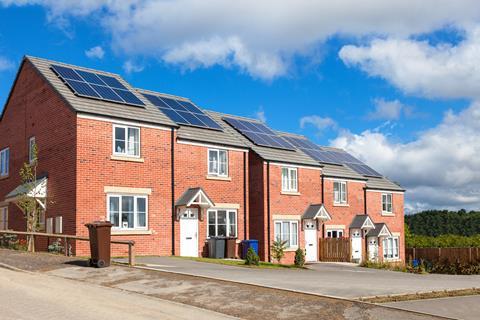
This will be achieved by continuing with a ‘fabric first’ approach covering elements such as better insulation and more efficient services, and beyond that implementing new green technology.
We also have a commitment to purchase 100% of our operational electricity from renewable sources by 2025. Around three quarters of the electricity we already purchase is from renewables and achieving the new 100% target will help us to reduce emissions by a further 2,000 tonnes of carbon.
These new targets show our commitment to take responsibility for our share of carbon emissions and support the low-carbon economy that the UK is building. However, climate change is a challenge for the whole country across all sectors, not just us.
Roadmap needed
That is why we need everyone to come together to agree the way forward. We need a roadmap that connects government, industry, consumers, academics and experts. The housebuilding industry cannot deliver climate change for every home.
Everyone needs to do their part: we need an interconnected and long-term roadmap from government; we need to decide what is in its scope and what is not; and we need to define what government wants.
Once that is achieved, then each sector can collaborate together and each company can deliver its own solution. If that doesn’t happen then customers will be the first to complain.
Finally, we need to address the elephant in the room: the carbon emissions footprint of existing homes, which forms the majority of the residential sector’s footprint.
Zero carbon homes are an essential part of the puzzle, but will not in themselves deliver the UK’s climate goals. We must improve the carbon footprint of the existing housing stock.
This must involve collaboration across sectors and bold, long-term decisions from government. As a nation, we must not shy away from raising awareness of this among home owners.
All of this is why we are working with the sector, our partners and customers, to try and take a lead on decarbonisation. We will be transparent about what we are doing, which will hopefully benefit others too. But we cannot do it alone and need many more to collaborate on this journey.
Bukky Bird is group sustainability director at Barratt Developments


























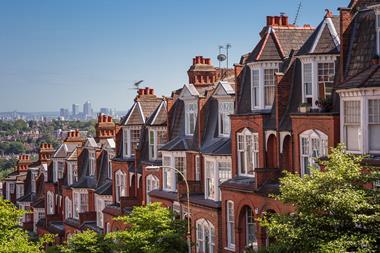
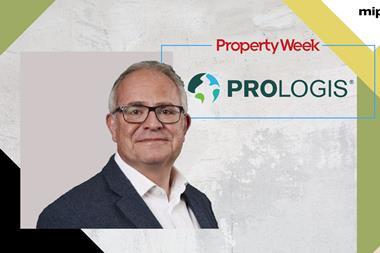
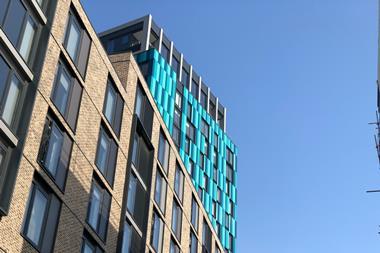
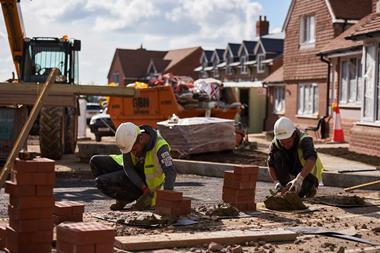


No comments yet